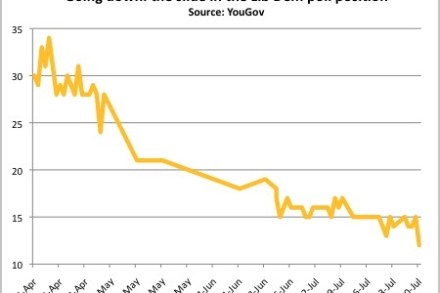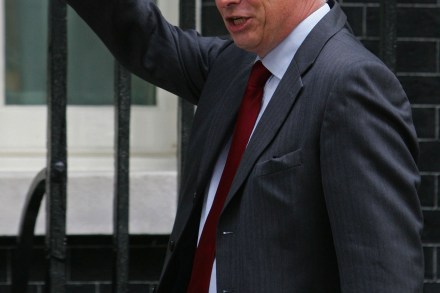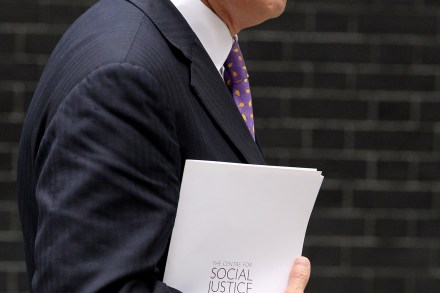Who is Labour’s Mr Sun?
Writing for the Times, Tim Montgomerie neatly overlays Aesop onto the Labour leadership contest: “The next Labour leader is unlikely to be an Abbott, Balls or Burnham. Gordon Brown’s successor will be a Miliband. But I’m more interested in whether he will be Mr Sun or Mr Wind. Aesop captured the dilemma in a fable. If you want a man to take off his cloak, do you huff and puff and force him to give it up or do you cover him with warmth until he discards it freely? In Aesop, the sun scores a predictable victory. Politics isn’t so easy. Harriet Harman’s blasts at Nick Clegg’s alleged betrayal of


















